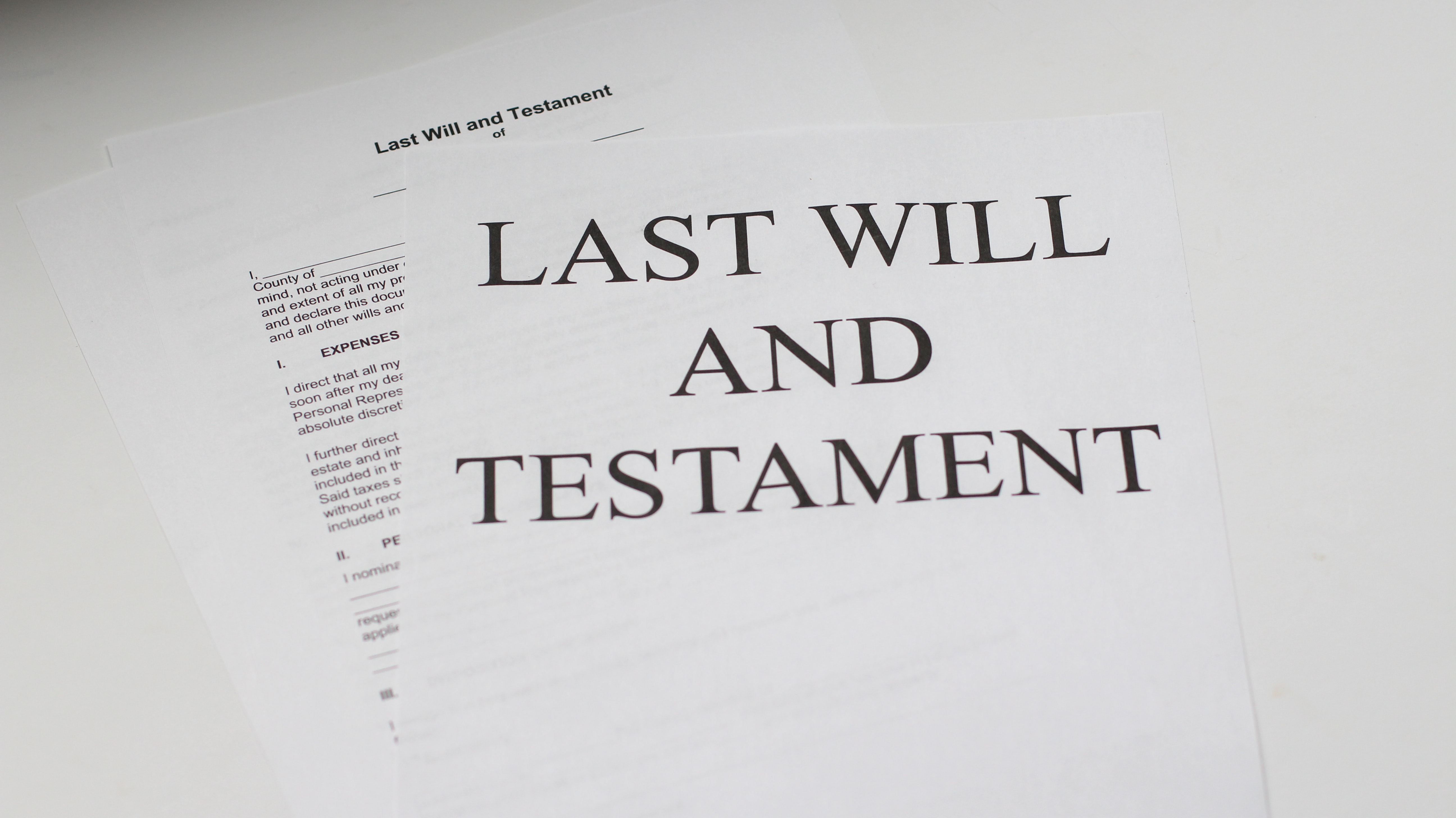How Long Does Probate Take?

Grief and bereavement are a complex but necessary process requiring support and patience. Handling logistics on top of this can feel overwhelming, which is why it’s important to have legal and financial measures in place to help ease the burden.
When Is Probate Required?
By definition, probate refers to the management of these processes once someone has died. This includes money, property and possessions, otherwise known as assets. If there is a will, probate is used to prove its validity and confirm to whom these assets will go to.
A grant of probate can only be given if the deceased has left a will, otherwise the law decides who will receive the various assets they have left behind.
Grant of Probate Meaning
A grand of probate is a legal document used to sell off assets, settle debts and access the bank accounts of the deceased. Before any part of the deceased’s estate can be transferred, sold, claimed or distributed, the executor or next of kin named in the will must make an application for this.
How Much Does It Cost?
In order to apply for a grant of probate, you will first need to pay a fee for application. The fixed cost of the application is a minimum of £155, while variable probate differs depending on individual terms of estate.
Terms of estate can vary from simple estate costs involving a single property to a high value estate with multiple properties and beneficiaries. Before applying, you will need to estimate the value of the estate and identify whether you need to pay inheritance tax.
While fixed probate refers to the application fee, variable probate is used to pay for any additional specialist services. This tends to cost between 1% to 5% of the total value of the estate, plus VAT.
Do I Need to Apply?
To find out whether it is necessary, contact any financial organisations formerly used by the deceased to determine whether you require probate to access any assets (individual organisations have their own rules regarding this).
In cases where the deceased only had savings or shared their assets with surviving owners, it may not be needed.
There are other circumstances in which probate may not apply: if there is a will, only named executors can ask for a grant of probate. Where there is no will, the closest living relative can apply. In cases of disputes, you can challenge (“enter a caveat”) another person’s application for probate before it has been granted.
In either case, an application can be sent online or by post once the total estate has been valued. Once you have applied, it usually takes around eight weeks to receive administration letters and nine months to a year for everything to be processed.
We are here to help during this difficult time, always aiming to make the process as stress-free as possible for you. If you feel like you need further advice or assistance from an expert, please contact us today.




